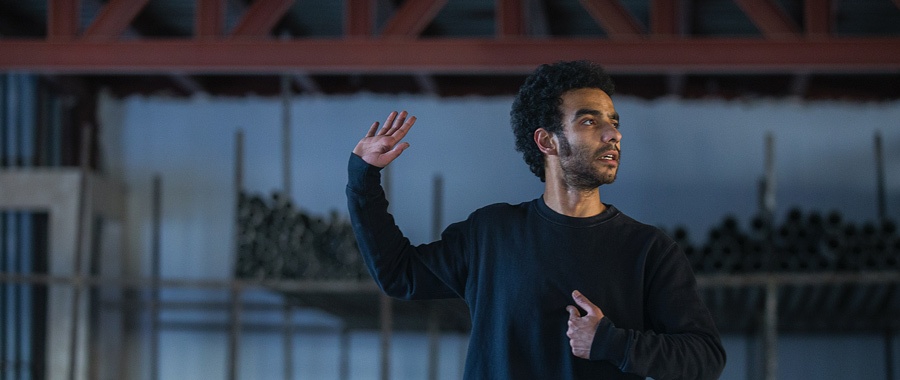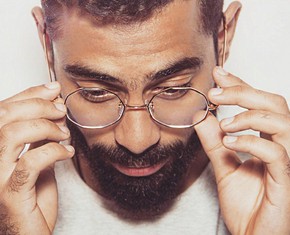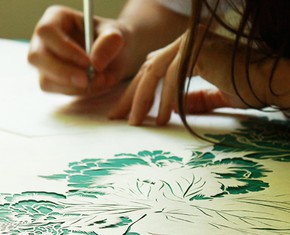The views expressed in our content reflect individual perspectives and do not represent the authoritative views of the Baha'i Faith.
I recently started exploring the world of acting. I’m taking acting classes, and as I’ve learned more about this medium of art and expression, I’ve been learning spiritual lessons — spiritual truths that are described in many Holy Scriptures.
Here are four spiritual lessons that have the power to uplift me and increase my wellbeing:
1. Be Myself
The first barrier I had to overcome in acting was to just be myself while reading the lines. I learned that, instead of leaning into what I assumed the audience wanted, every time I read a script I was really just portraying myself.
You might read this and think, “Well yes — we are all always some version of ourselves.” But what I realized is that we often decide that certain actions we take aren’t really our own. We use phrases like “I am not myself” when we do something that we have defined as “out of character,” and we often have selective memory when we think about the kind of people we are. In a sense, we tend to oversimplify our own personality, and it becomes a blockade between acknowledging our genuine faults and our genuine strengths.
2. Be Accountable
Baha’u’llah, the founder of the Baha’i Faith, wrote in The Hidden Words, “Bring thyself to account each day ere thou art summoned to a reckoning.” Reflecting on our actions every day gives us the opportunity to adjust when we see that we have done things that do not reflect the kind of person we want to be. If you are an actor, artist, or some form of creative, this also offers you a wider scope of identity to channel into your work.
I was able to recognize that I was not always the kind, charismatic person I like to think of myself as. There have been times when I have been pessimistic, mean, or overtly angry towards others in my life. By reflecting on my actions and bringing myself “to account each day,” I can tell more authentic stories through acting because I am aware of the many different sides to who I am.
3. Listen
The next huge lesson was rooted in listening. The Universal House of Justice, the governing body for the international Baha’i community wrote that “a readiness to listen, with heightened spiritual perception, will be invaluable in identifying obstacles.”
Listening is an essential part of building a society that will maintain the socioeconomic and spiritual wellbeing of everyone. This was one of the most fundamental lessons my acting teacher shared. She made it clear that detaching from thinking about what we are going to say and simply listening is key to acting naturally and effectively in a scene.
4. Be Truthful
The next essential component, said my teacher, was to respond truthfully to what we heard.
This practice of trying to respond truthfully to what my scene partner presented me with pushed me to think more deeply about the importance of honesty despite it often being difficult. The Baha’i Writings say, “Truthfulness is the foundation of all human virtues. Without truthfulness progress and success, in all the worlds of God, are impossible for any soul.”
My acting class praised learning to just be and leaning away from the impulse to perform. When we lean away from performing in life, we become more authentic. We also show compassion more deeply and consistently rather than pretending politeness in order to appease others. Rather than just saying we are good people, by being ourselves, being accountable, listening, and being truthful, we actually personify our spiritual values.
















Comments
Sign in or create an account
Continue with Googleor